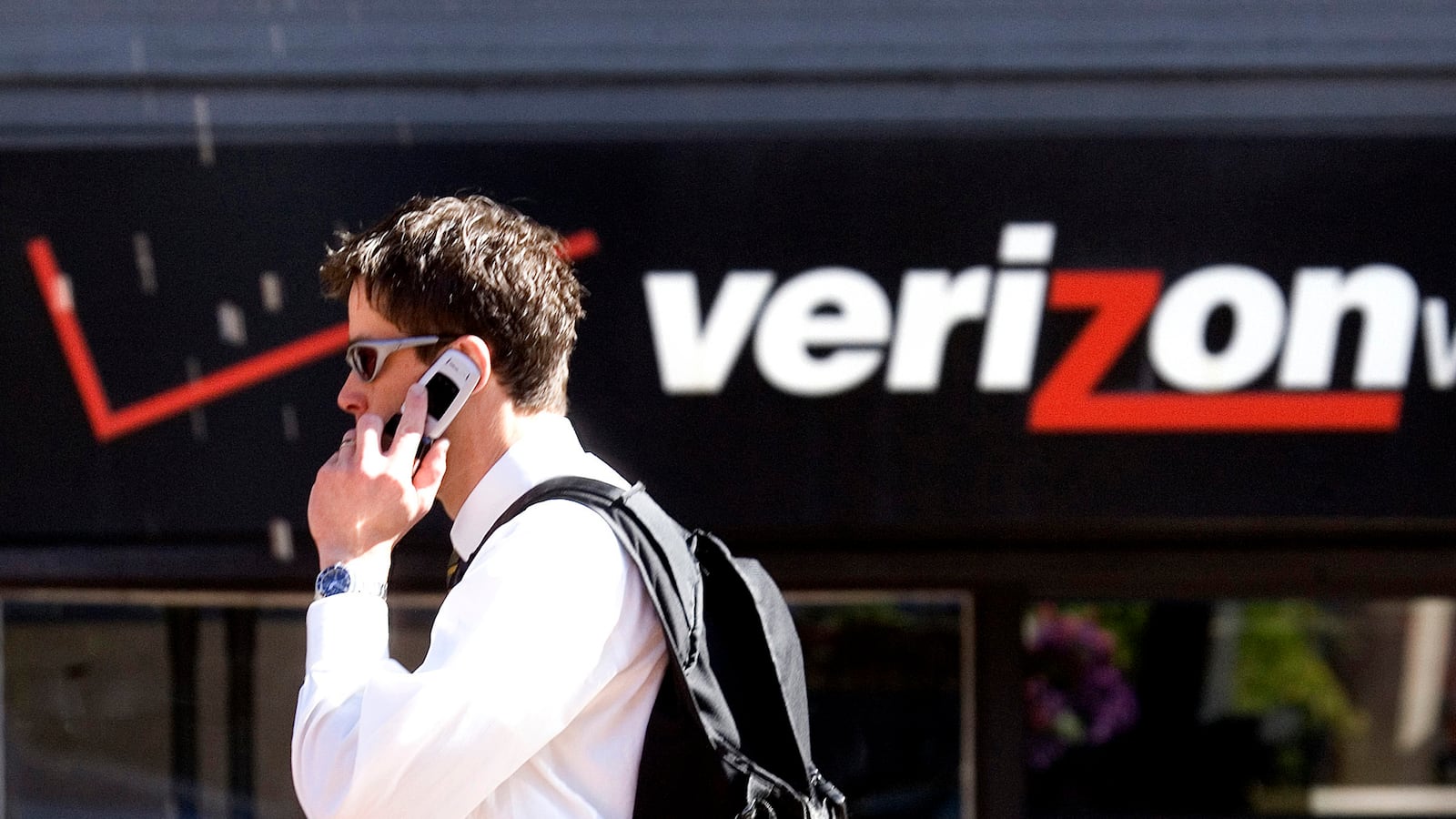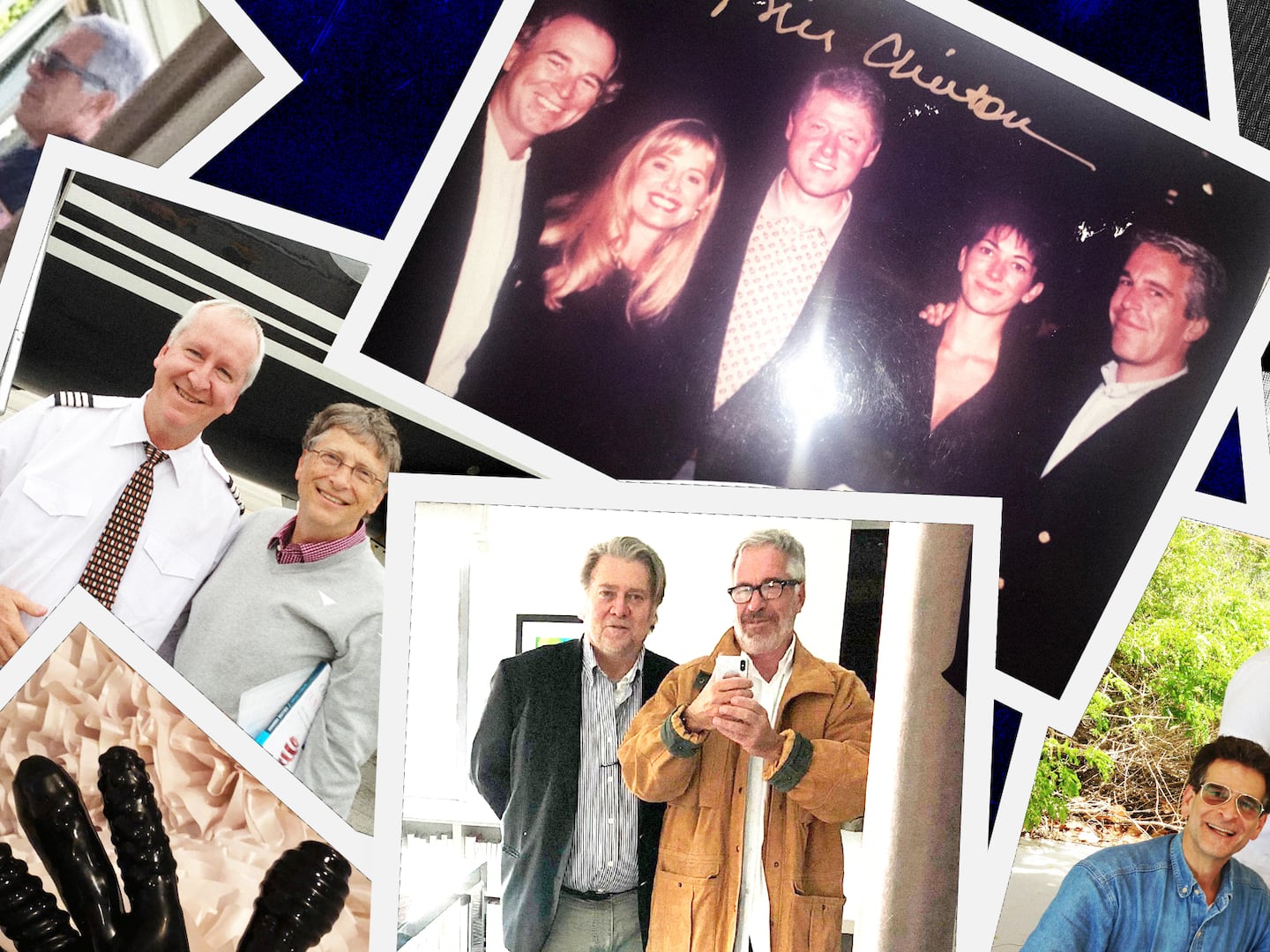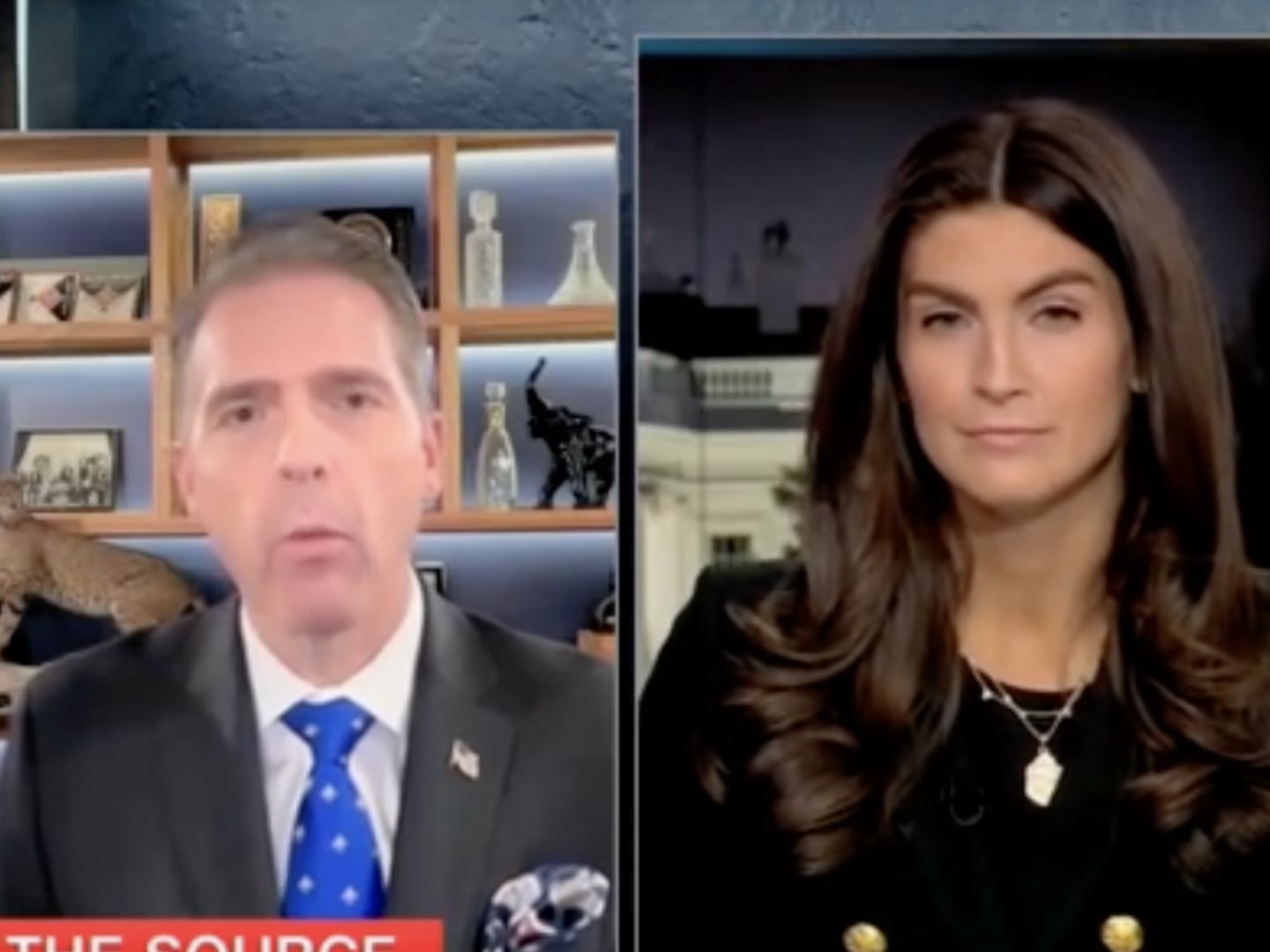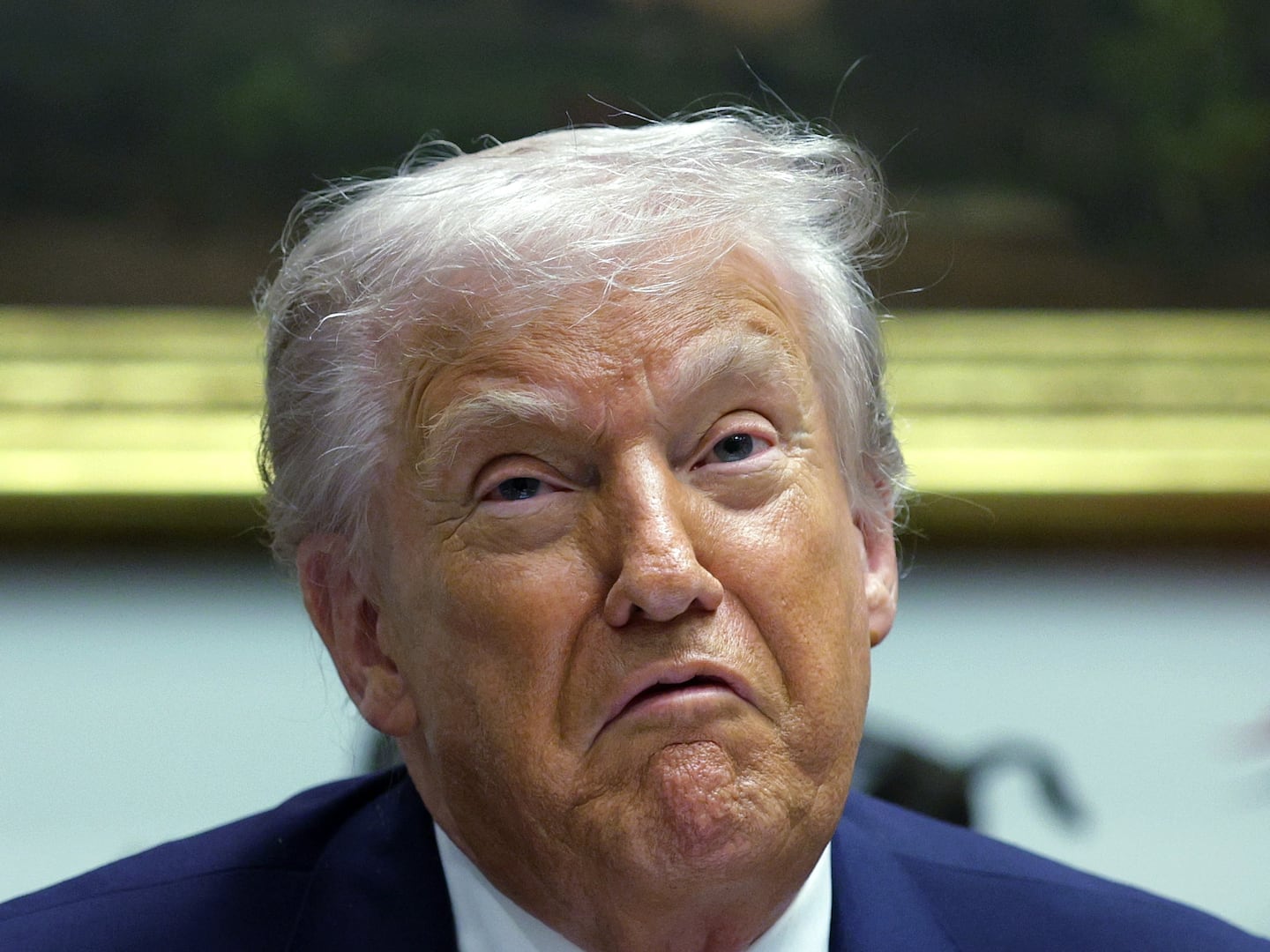The Guardian dropped quite a scoop last night: the NSA has been collecting phone records from millions of Verizon customers. The full extent of the order is not entirely clear, but this much is: if you are a Verizon customer, the National Security Agency may know who you have called, when, and approximately where you were when you called them. But don't think you can necessarily rest easy just because you're on AT&T. We don't know if there were other orders for other telecom providers.

This is not the first time we've heard this: similar stories broke under the Bush administration. But now we know that this is an indiscriminately bipartisan vice. Regardless of who's in the White House, they will secretly collect massive pools of data on U.S. citizens. As an intelligence official told Wired magazine last year, "Everybody's a target; everybody with communication is a target." Let that sink in: your government views you as a target for surveillance because you talk to other people on the phone. Welcome to the 21st century.
Liberals blamed Republican police-state tactics back in 2006; now some conservatives are happy to blame Obama's arrogance and overreach. Libertarians, of course, have grimly wished a pox on both their houses of Congress. But these are at best accomplices to the crime. The criminal mastermind is us, the American people, the ones who demanded that our public servants do anything to make us safe.
A few years back, I arrived at the Pnomh Penh airport to fly home from a trip to Cambodia and Vietnam. I removed my shoes, took off my belt, slipped out of my jacket and started to put them on the belt. The security lady's eyes opened wide. "No! No!" she said. Clearly she couldn't figure out why this crazy American was disrobing at the airport security line, but she wanted to make sure it didn't go any further. I was so accustomed to being herded and stripped like a prisoner at airport security lines that it hadn't even occurred to me that the rest of the world might be able to operate terrorist-free airlines without forcing all the passengers to take off half their clothes.
I won't even argue about whether the scanners, the undressing, the secret surveillance warrants and the massive collection of data on American citizens who are merely going about the business of being American citizens, makes us safer. Though if you think it does, I suggest reading Bruce Schneier. The question is, what if it did make us safer? How much protection is all this spying and searching and herding giving us?
Don't tell me "another 9/11," because "another 9/11" isn't possible. The 9/11 terrorists couldn't repeat what they did because the response would be very different: the passengers would rebel, and the government would scramble fighter jets to shoot them down before they could reach a big urban congregation.
Yes, terrorists would like to kill us. But terrorism is not an existential threat. Al Qaeda is not going to send fighter planes across the Atlantic and occupy the United States. It is a threat from a limited number of people, most of whom find it very hard to get into the United States. Of course we should be vigilant against terrorism. Of course we should be careful about letting potential terrorists into the country. Boston is a terrible tragedy. But it is not, I submit, the sort of tragedy that warrants treating anyone with a cellphone as a potential criminal.
Of course, you may say that you don't care if the government has your cellphone records, because you are not talking to terrorists. "If it prevents just one death ...” But as fine as that sounds, that cannot be a reasonable guide for public policy. Outlawing cars would prevent a lot more than one death. Banning sugar and guns and swimming pools, and conducting house-to-house searches to confiscate any contraband, would prevent a lot more than one death. It is not enough to state the goal of preventing a single death. We must also think about the cost.
I myself am not particularly worried that the FBI will come knocking on my door any time soon. But why are we so sure that this information will only be used to track terrorists? Mightn't it also be used to track people for other crimes? Once such a treasure trove of data is created, the temptation will be to validate the money spent by using it as often as possible. If you are worried about the IRS misusing its authority to crack down on conservative groups, you should be even more worried about our secret spy agencies collecting reams of data on every aspect of our lives that leaves an electronic trace. If the IRS scandals have taught us anything, it's how easily a powerful agency, isolated from the eye of the general public, can run amok.
We are told to trust the Obama administration and the NSA because a fine, upstanding American government wouldn't do anything really wrong. But how do we know? These orders are issued in secret, executed in secret. We have no idea what the government wouldn't do, because the only time we find out about it is when someone leaks. And the government's trying to fix that, too.
Libertarians have been saying for years that the surveillance state has gotten out of hand, but on their own they are not enough of a political force to make any change. The liberal civil liberties movement lost a lot of its fire (and most of its political power) when a Democratic president was elected, and on the conservative side, there never was much political power to begin with. And so, just as libertarians predicted, the government has extended and consolidated its surveillance powers. Fifteen years ago, all of us would have laughed at the notion that the government would assert the right to know about every phone call made by ordinary American citizens suspected of no crime—that's something that East Germany would do, not the American government. How have we gotten so comfortable with the panopticon state in little more than a decade?
y greatest fear is not that this surveillance will turn out to be more widespread. My greatest fear is that we will find out they are spying on us, and the American public will yawn. And in some secret room, bureaucrats and politicians will note that the American public does not care, and turn to discussing how much more spying they can get away with.






